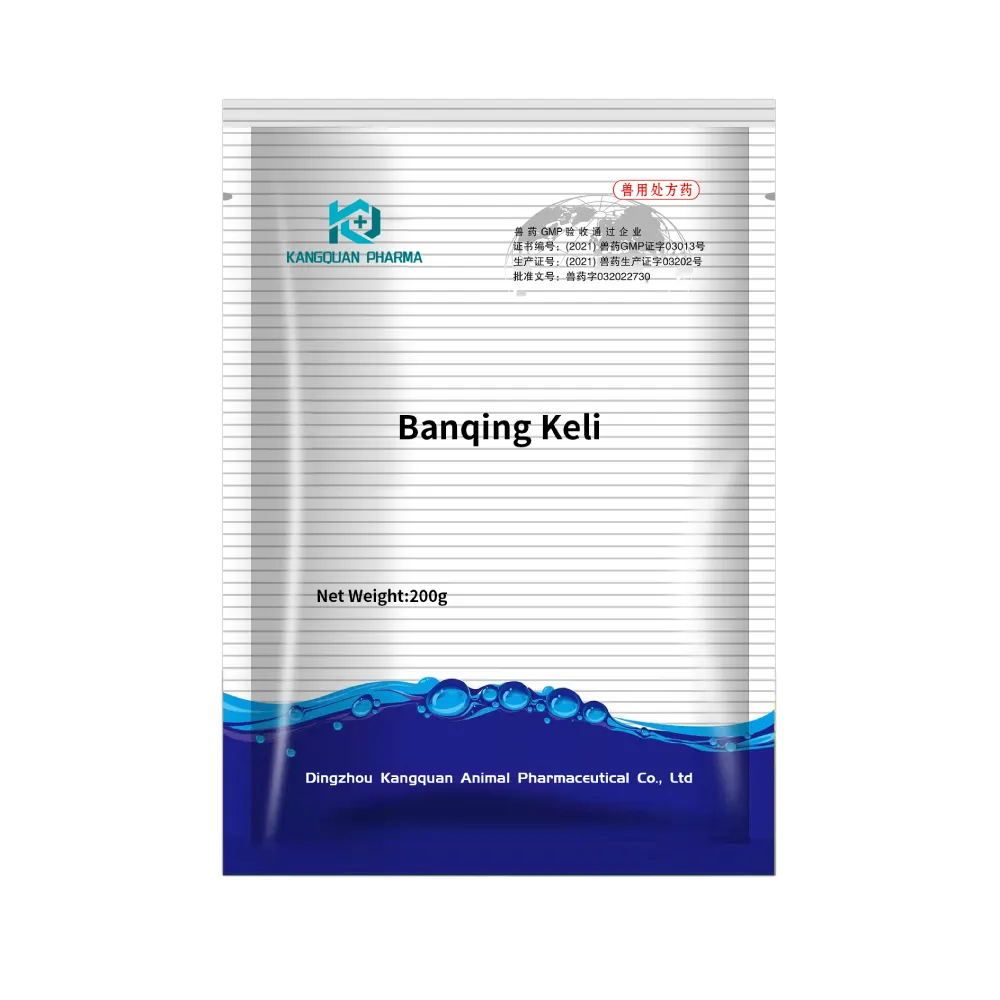- Afrikaans
- Albanian
- Amharic
- Arabic
- Armenian
- Azerbaijani
- Basque
- Belarusian
- Bengali
- Bosnian
- Bulgarian
- Catalan
- Cebuano
- Corsican
- Croatian
- Czech
- Danish
- Dutch
- English
- Esperanto
- Estonian
- Finnish
- French
- Frisian
- Galician
- Georgian
- German
- Greek
- Gujarati
- Haitian Creole
- hausa
- hawaiian
- Hebrew
- Hindi
- Miao
- Hungarian
- Icelandic
- igbo
- Indonesian
- irish
- Italian
- Japanese
- Javanese
- Kannada
- kazakh
- Khmer
- Rwandese
- Korean
- Kurdish
- Kyrgyz
- Lao
- Latin
- Latvian
- Lithuanian
- Luxembourgish
- Macedonian
- Malgashi
- Malay
- Malayalam
- Maltese
- Maori
- Marathi
- Mongolian
- Myanmar
- Nepali
- Norwegian
- Norwegian
- Occitan
- Pashto
- Persian
- Polish
- Portuguese
- Punjabi
- Romanian
- Russian
- Samoan
- Scottish Gaelic
- Serbian
- Sesotho
- Shona
- Sindhi
- Sinhala
- Slovak
- Slovenian
- Somali
- Spanish
- Sundanese
- Swahili
- Swedish
- Tagalog
- Tajik
- Tamil
- Tatar
- Telugu
- Thai
- Turkish
- Turkmen
- Ukrainian
- Urdu
- Uighur
- Uzbek
- Vietnamese
- Welsh
- Bantu
- Yiddish
- Yoruba
- Zulu
Nov . 11, 2024 09:55 Back to list
gentamicin so4
Gentamicin Sulfate An Overview
Gentamicin sulfate is an antibiotic belonging to the aminoglycoside class, primarily used to treat serious infections caused by gram-negative bacteria. Discovered in the 1960s, it has become a cornerstone in modern antibiotic therapy due to its effectiveness in combating various bacterial infections, particularly in hospitalized patients. This article will delve into the pharmacology, clinical uses, side effects, and important considerations regarding the administration of gentamicin sulfate.
Pharmacology
Gentamicin sulfate exerts its antibacterial effect by inhibiting protein synthesis in bacteria. It binds to the 30S ribosomal subunit, disrupting the translation process and leading to the production of dysfunctional proteins. This mechanism renders bacteria unable to multiply and survive, effectively clearing the infection from the body. It is particularly effective against a range of gram-negative bacteria, including Escherichia coli, Pseudomonas aeruginosa, and Klebsiella species.
Gentamicin is administered parenterally, typically through intramuscular or intravenous routes, which allows for higher concentrations of the drug in the bloodstream, facilitating its rapid action against infections. The drug’s absorption can vary, but it generally achieves peak plasma concentrations relatively quickly after administration.
Clinical Uses
Gentamicin sulfate is widely indicated for the treatment of severe infections, particularly those caused by aerobic gram-negative bacteria. It is commonly used in cases of sepsis, meningitis, and respiratory tract infections, especially when the pathogen has shown resistance to other antibiotics. Gentamicin is often employed in combination therapy with other antibiotics to provide a broader spectrum of coverage, especially in polymicrobial infections.
gentamicin so4

In addition to its systemic uses, gentamicin sulfate is also available as a topical formulation for the treatment of local infections. It can be used in eye drops for bacterial conjunctivitis or as an ointment for skin infections, greatly reducing the risk of systemic side effects while targeting localized infections.
Side Effects and Considerations
While gentamicin sulfate is a potent antibiotic, its use is not without risks. The most significant side effects associated with gentamicin include nephrotoxicity and ototoxicity. Nephrotoxicity manifests as kidney damage, which can be irreversible in some cases, especially when higher doses are used or in patients with pre-existing kidney conditions. Close monitoring of kidney function (via serum creatinine levels) is essential during treatment, particularly in individuals receiving prolonged therapy or those with renal impairment.
Ototoxicity can lead to permanent hearing loss, particularly affecting high-frequency sounds. This risk increases with the duration of therapy and cumulative dosage. Patients receiving gentamicin should be closely monitored for signs of hearing impairment, and clinicians should consider audiometric testing if long-term administration is necessary.
Gentamicin sulfate is contraindicated in patients with a known hypersensitivity to aminoglycosides. Additionally, it should be used with caution in patients with neuromuscular disorders, as it can exacerbate muscle weakness.
Conclusion
Gentamicin sulfate plays a crucial role in the management of serious bacterial infections, particularly those caused by antibiotic-resistant pathogens. Its ability to effectively target a wide range of gram-negative bacteria makes it indispensable in the hospital setting. However, the potential for significant side effects necessitates careful patient selection and monitoring throughout the course of treatment. Understanding the pharmacological properties and clinical applications of gentamicin sulfate can help healthcare providers make informed decisions and optimize patient outcomes in the fight against bacterial infections. As antibiotic resistance continues to rise, the proper use of drugs like gentamicin will be critical in preserving their efficacy for future generations.
-
Guide to Oxytetracycline Injection
NewsMar.27,2025
-
Guide to Colistin Sulphate
NewsMar.27,2025
-
Gentamicin Sulfate: Uses, Price, And Key Information
NewsMar.27,2025
-
Enrofloxacin Injection: Uses, Price, And Supplier Information
NewsMar.27,2025
-
Dexamethasone Sodium Phosphate Injection: Uses, Price, And Key Information
NewsMar.27,2025
-
Albendazole Tablet: Uses, Dosage, Cost, And Key Information
NewsMar.27,2025













